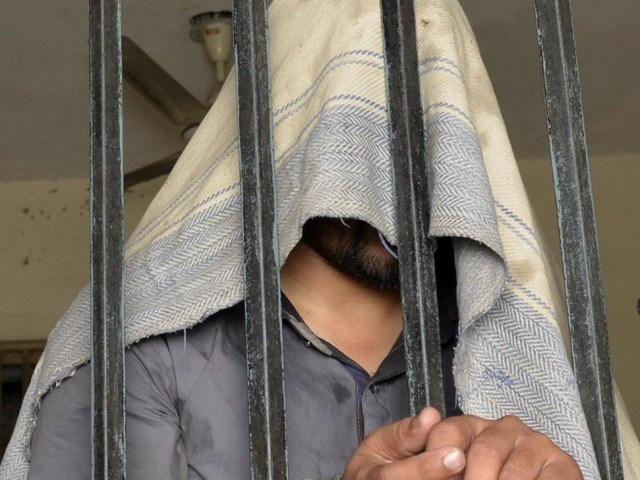Punjab to make prisons more humane
The latest prison rules also shed light on inmate health and wellbeing

Following abolition of the Prison Rules 1978, the obsolete document is soon to be replaced by a new regulation called Punjab Prison Rules 2020, which is awaiting approval.
The termination of the previous rule, which had been in place for the past 42 years, came upon the direction of provincial chief and law ministers. A special committee comprising of assembly members, senior lawyers and government officials, formulated by the two ministers, was tasked with rescinding and replacing the 1978 fiat, with a contemporary legislation.
The proposed rules, which are currently awaiting the cabinet’s approval, are reportedly drafted in accordance with the Universal Declaration of Human Rights and various international treaties.
It is expected that upon implementation, the new rules will earn Pakistan the European Union’s support in maintaining the country’s Generalised Scheme of Preferences (GSP+) status. In addition to that, it is also believed that the policy may prove to work in Pakistan’s favour in reviewing its status in the United Nations International Covenant on Civil and Political Rights, in the coming months. New prison policies
It is worth noting that this is the first time in the Islamic Republic’s history that special considerations have been made for ordinary female prisoners, pregnant women, mothers, juveniles, mentally ill inmates, foreign prisoners and transgender individuals, in the formulation of the prison rules.
As per new policies, use of death cells, solitary confinement, handcuffs, corporal punishment and invasive body searches of women and juveniles will now be banned. The latest prison rules also shed light on inmate health and wellbeing, considering which the prison system will now be required to recruit psychologists and social welfare officers in each correctional facility.
In addition to that, Punjab Prison Rules 2020 also stresses that inmates have adequate time and solitude to consult with their lawyers, while the confidentiality of inmate correspondence and legal documents is also to be maintained. According to details, Punjab Chief Minister Sardar Usman Buzdar had tasked the Provincial Law Minister Raja Basharat, with improving the deteriorating condition of the prison system.
Per the chief minister’s advice, the obsolete and unworkable 1978 legislation was to be repealed, while a fresh document compliant with modern requirements and international laws and treaties was to be put forth. In response, a 10-member committee comprising of Punjab Assembly Member Ayesha Nawaz, Justice Project Pakistan Executive Director Barrister Sarah Bilal, Additional Advocate General Shaan Gul, Deputy Inspector General Jails Naveed Rauf and representatives of Home and Law Departments was formed.
Which after seven months of studying international covenants as well as national and provincial policies, has forwarded the new set of rules for review by provincial cabinet. According to information received by The Express Tribune, the province’s prisons have been largely operating under jurisdiction of same Prison Act, for the last 120 years. While, prison rules have been subject to amendment in various periods, under the same law. The last amendment of prison policies dates back to 1978. However, after 42 years, those rules are said to have become too obsolete to amend, which is why the decision to draft a fresh set of rules was taken.
“Punjab Prison Rules 2020, is focused on assuring better physical and mental health for inmates a special Prison Heath Team, while abandoning all inhumane practices of the past. The new rules eliminate the chaining of prisoners, use of body belts, fabric cuffs or nylon straps even for the most dangerous offenders.
Moreover, we have also proposed the scraping of death penalties and for the first time, have put forth special rules for foreign prisoners— they will now have access to legal aid in their own language as well as the assistance of their embassy. All prison staff will be required to undergo modern training, while a grievance cell will also be set up in every prison, where inmates can share all their grievances,” a source privy to the development informed The Express Tribune.


















COMMENTS
Comments are moderated and generally will be posted if they are on-topic and not abusive.
For more information, please see our Comments FAQ